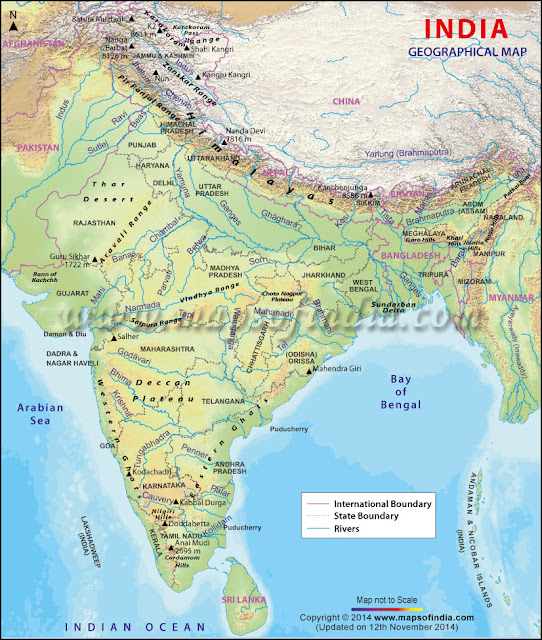RRB NTPC Biology Questions 2
ssc preparation, important competetion questions, current affairs of india, latest question asked in competetion papers
RRB NTPC Biology Questions 2
Q21. RBC’s count in the blood is increased when a person is having _________.
Q22. Where are the Lacrymal glands situated in the human body?
Q23. The red, blue and purple colours seen in plants is because of the ________ pigment.
Q24. Which part of the human brain controls Motor skills of the body?
Q25. What is the name the hormone that regulates the amount of glucose in the blood .
Q26. Name the gas used for making vegetable ghee?
Q27. Which is the largest gland in the human body?
Q28. The smallest functional unit of a kidney is the ?
Q29. James D. Watson, a Nobel Prize winning scientist is expert in the field of ________.
Q30. Polio is caused by a _________.
Q31. The flow of energy in the Energy Pyramid is always _________.
Q32. Saliva helps in the digestion of ________.
Q33. Which Parent’s chromosome is used for sex determination test?
Q34. The bio-gas used for cooking is a mixture of ______.
Q35. The yellow colour of the human feces is a result of the pigment called _______.
Q36. Which air pollutant causes the most serious health hazards?
Q37. Vitamin K is required for the synthesis of _________.
Q38. Which compound is used in anti-malarial drug?
Q39. Dental cavities are caused because of the deficiency of?
Q40. What is the process of filtering blood through an artificial kidney called?
RRB NTPC Biology Questions 2 – Answers
Following are the answers to the above given Biology practice questions for the RRB NTPC 2019 Exam.
| Q21. Ans:Polycythemia | Q26. Ans: Hydrogen | Q31. Ans: Upwards | Q36. Ans: Sulphur dioxide |
| Q22. Ans: Eye Orbit | Q27. Ans: Liver | Q32. Ans: Starch | Q37. Ans:Prothrombin |
| Q23. Ans:Anthocyanin | Q28. Ans: Nephron | Q33. Ans: Father | Q38. Ans:Chloroquine |
| Q24. Ans: Frontal Lobes | Q29. Ans: Genetics | Q34. Ans: Methane & Carbondioxide | Q39. Ans: Fluorine |
| Q25. Ans: Insulin | Q30. Ans: Virus | Q35. Ans: Urobilin | Q40. Ans: Dialysis |

Comments
Post a Comment